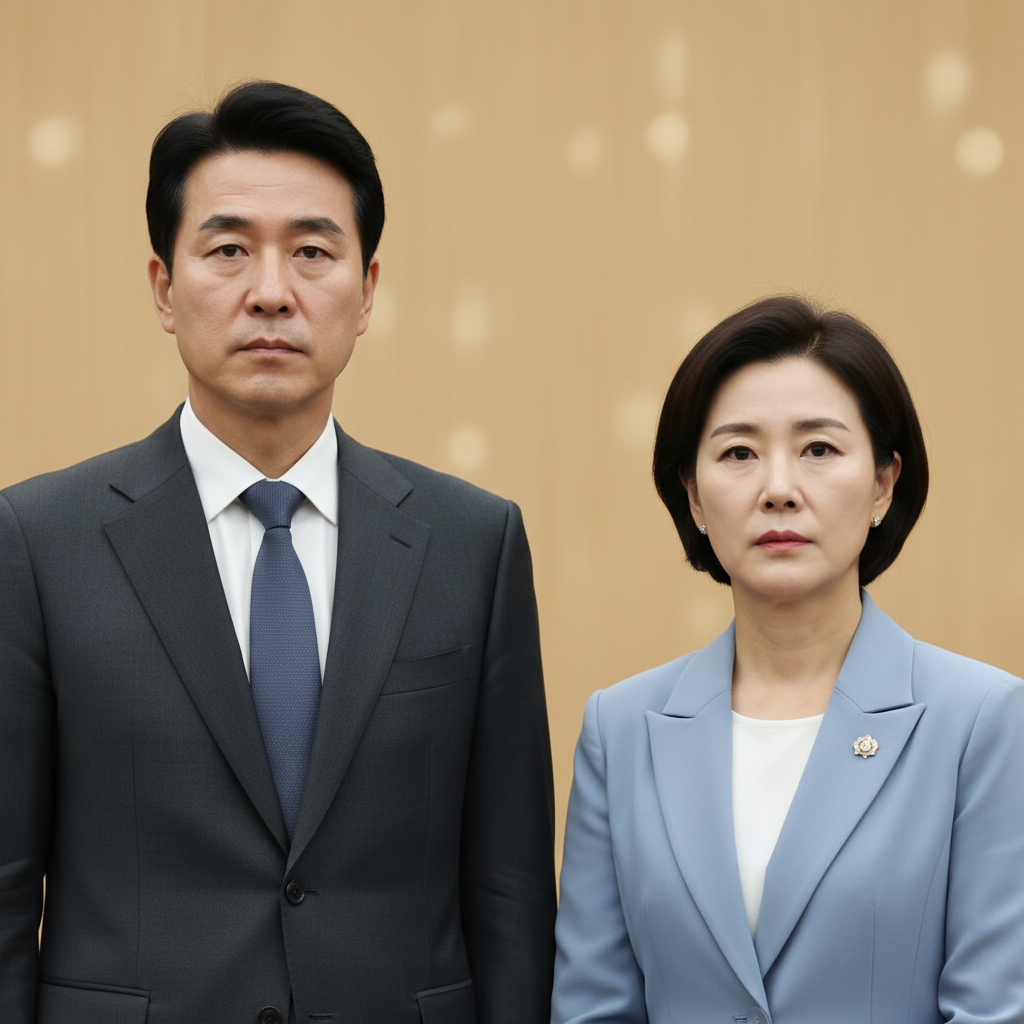#사회
Labor Day to Become a National Holiday Starting in 2026

Labor Day to be Designated as a National Holiday Starting Next Year
Starting in 2026, May 1st of each year is expected to be designated as Labor Day, making it a paid day off as a national holiday. On October 26, 2025, the National Assembly held a plenary session and passed eight bills under the jurisdiction of the Ministry of Employment and Labor, including the 'Law on the Enactment of Labor Day'. As a result, starting next year, the name 'Workers' Day' will be replaced by 'Labor Day'. Labor Day is a day to commemorate the hard work of laborers, protect their rights and interests, and promote a sense of solidarity. Designating it as a national holiday is expected to further strengthen this meaning. May 1st, formerly known as 'Labor Day,' has been the subject of continuous demands from the labor community to restore the name. This wish has been fulfilled through the revision of the law. The South Korean government, including President Lee Jae-myung, expects the designation of Labor Day as a national holiday to have a positive impact on the lives of workers. The Ministry of Employment and Labor plans to actively promote consultations with relevant ministries and support discussions in the National Assembly to ensure that Labor Day is designated as a genuine national holiday. Designating a public holiday is expected to play an important role not only in providing a day off but also in reflecting on the value of labor and forming a consensus throughout society. In addition, the government plans to support various commemorative events and cultural events to be held on Labor Day, creating a festival where workers can enjoy and communicate together. The government's policy is to do its best to make Labor Day a meaningful day for both workers and the public. In particular, the government emphasized its gratitude for the hard work of workers who are silently working in the field and its commitment to further protecting their rights and interests. The designation of Labor Day as a national holiday is seen as an important step in creating a society that respects labor. In addition to labor-related bills, amendments to the law to resolve wage arrears issues were also passed at this National Assembly plenary session. If an employer whose name has been made public for wage arrears fails to pay retirement benefits, the penalty provisions will be strengthened to prevent the application of non-indictment based on victim's wishes. This is a measure to strengthen the punishment for habitual wage arrears and protect the rights and interests of workers with unpaid wages. Until now, some unscrupulous employers have avoided punishment by reaching agreements after wage arrears, but it is expected that this behavior will be eradicated through this amendment. The government will spread awareness that wage arrears are a serious crime and strive to ensure that workers receive fair compensation through strict law enforcement against employers with unpaid wages. In addition, the government plans to strengthen education and promotion to prevent wage arrears and focus on raising workers' awareness of their rights. Furthermore, a basis has been established for the government to exercise the right to indemnity against employers through national tax collection procedures for wages paid to workers with unpaid wages. This is a measure to strengthen the accountability of employers with unpaid wages and reduce the financial burden caused by unpaid wages. In the past, the government paid wages on behalf of workers with unpaid wages through the wage claim guarantee system, but there were difficulties in exercising the right to indemnity against employers. Through this amendment, it has become possible to exercise the right to indemnity more efficiently by using national tax collection procedures, which is expected to be a strong warning to employers with unpaid wages. The government will actively utilize the wage claim guarantee system to support the livelihoods of workers with unpaid wages and secure financial soundness by exercising the right to indemnity against employers with unpaid wages. In addition, the government plans to improve the relevant system so that it can respond quickly to the occurrence of wage arrears and to ensure the protection of workers' rights. South Korean President Lee Jae-myung said, "This amendment will contribute to protecting the rights and interests of workers and creating a fair labor environment."#labor day#public holiday#labor day enactment law#ministry of employment and labor#workers' day#president jaemyung lee#wage arrears#non-prosecution against will
